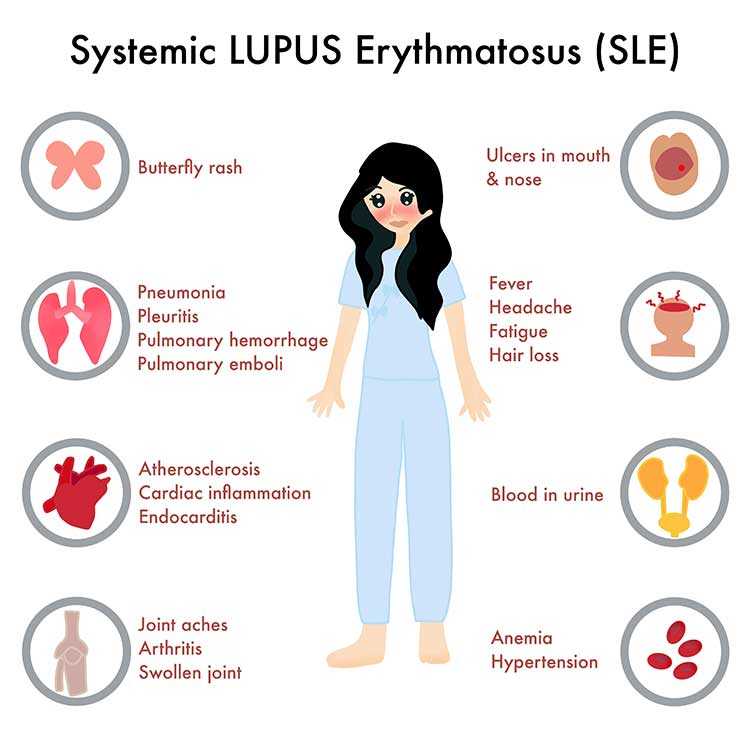what is lupus disease! an enigmatic disease, often shrouded in misconceptions and mysteries, affects millions worldwide. But what exactly is lupus, and how can we effectively combat it? In this article, we will dive deep into the world of lupus, unveiling its secrets and discussing the most promising treatments available. Get ready to discover the truth about this condition and the hope it brings to those who battle it every day.

what is lupus disease? Understanding Lupus
Lupus, scientifically known as Systemic Lupus Erythematosus (SLE), is a chronic autoimmune disease. Unlike some common ailments, lupus doesn’t have a singular cause or straightforward symptoms, making it a challenging condition to diagnose and manage.
The Immune System’s Rebellion
Imagine your immune system as an army that usually defends your body against invaders. In the case of lupus, this army mistakenly turns against its own forces. It starts attacking healthy tissues and organs, leading to a wide range of symptoms.
The Complexity of Symptoms
Lupus is notorious for its complexity, as its symptoms can vary significantly from person to person. Some common symptoms include:
- Fatigue: Overwhelming tiredness that can be debilitating.
- Joint Pain: Persistent joint pain and stiffness.
- Skin Rashes: Skin rashes, often in a butterfly shape across the cheeks.
- Fever: Unexplained fever that comes and goes.
- Organ Involvement: Damage to vital organs like the kidneys, heart, and lungs.
Diagnosis – The First Step
Given the multifaceted nature of lupus, early diagnosis is crucial. Doctors employ a combination of medical history, physical exams, and laboratory tests to confirm lupus. These may include blood tests, urine analysis, and biopsies.
Lupus Treatment – A Beacon of Hope
Now, let’s explore the treatments that offer a glimmer of hope for those battling lupus.
Medications
Medications are the cornerstone of lupus management. They aim to suppress the overactive immune response and reduce inflammation.
- Non-Steroidal Anti-Inflammatory Drugs (NSAIDs): These help manage pain and inflammation.
- Corticosteroids: Powerful anti-inflammatory drugs used to control severe symptoms.
- Immunosuppressants: Drugs that modulate the immune system to prevent it from attacking healthy tissue.
Lifestyle Changes
Besides medications, making certain lifestyle adjustments can significantly improve the quality of life for lupus patients.
- Sun Protection: Since lupus rashes can worsen with sunlight, protecting your skin from UV rays is crucial.
- Stress Management: Stress can trigger lupus flares, so adopting stress-reduction techniques is essential.
- Healthy Diet: Eating a balanced diet can help reduce inflammation and manage symptoms.
Conclusion what is lupus disease
In conclusion, lupus is a complex autoimmune disease that requires a multifaceted approach to treatment. While there is no cure yet, advancements in medical research and a combination of medications and lifestyle changes provide hope for a better quality of life for those living with lupus.
what is lupus disease (FAQs)
1. Can lupus be cured?
Unfortunately, there is no cure for lupus at the moment. However, with proper treatment and management, symptoms can be controlled.
2. What triggers lupus flares?
Lupus flares can be triggered by various factors, including stress, exposure to sunlight, infections, and hormonal changes.
3. Are there any natural remedies for lupus?
While there are no natural remedies that can cure lupus, some people find relief through dietary changes, exercise, and stress reduction techniques.
4. Can lupus affect pregnancy?
Yes, lupus can complicate pregnancy, but with careful monitoring and medical management, many women with lupus can have successful pregnancies.
5. How can I support a loved one with lupus?
Supporting a loved one with lupus involves understanding the condition, being patient, and offering emotional support. Encouraging them to follow their treatment plan and making necessary lifestyle adjustments can also be helpful.
Lupus may be challenging, but with the right approach and support, those affected by it can lead fulfilling lives. Remember, knowledge and compassion are powerful tools in the fight against lupus.
